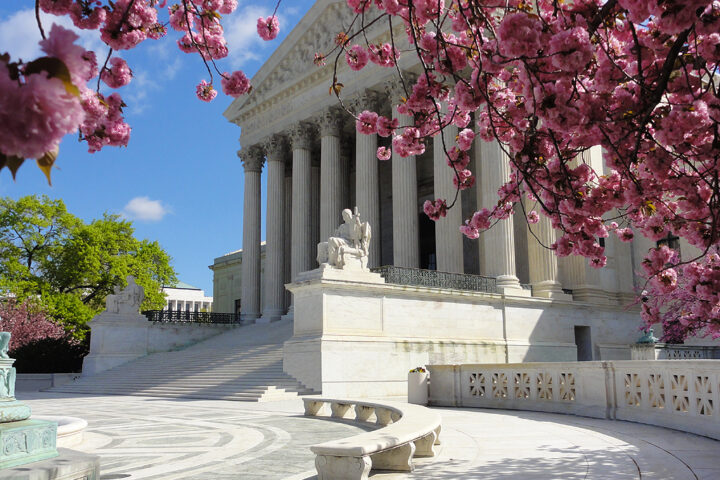President Donald J. Trump on Tuesday reportedly announced that U.S. Space Command will relocate its headquarters from Colorado to Alabama, settling a prolonged political and military fight over the command’s permanent home.
Speaking from the Oval Office, Mr. Trump said Huntsville would replace Peterson Space Force Base in Colorado Springs as the command’s headquarters, touting both national security and economic benefits.
“This will result in more than 30,000 Alabama jobs – and probably much more than that – and hundreds of millions of dollars in investment, and that’s billions because it can’t be millions, that’s billions and billions of dollars,” Mr. Trump said. “Most importantly, this decision will help America defend and dominate the high frontier, as they call it.”
The announcement delivers a victory for Alabama, where Redstone Arsenal in Huntsville has long been central to America’s defense and space infrastructure. The state already hosts the Army’s Space and Missile Defense Command and NASA’s Marshall Space Flight Center, assets lawmakers argued made it the natural choice for Space Command.
Space Command, which provides missile-launch warnings, satellite defense, and navigation and communication support to U.S. troops, has been coveted by both Alabama and Colorado. For nearly five years, politicians in both states lobbied aggressively to secure the headquarters, seeing it as a prize with national prestige and billions in economic impact.
The Air Force in 2021 identified Redstone Arsenal as the preferred location, citing lower costs and stronger infrastructure. The Air Force estimated an Alabama headquarters would cost $426 million less than one in Colorado. But the process became entangled in political controversy.
A 2022 report from the Government Accountability Office claimed the Air Force’s decision-making had “significant shortfalls in its transparency and credibility.”
Even so, then–Air Force Secretary Frank Kendall recommended to President Biden that the command still be moved to Alabama. Yet in 2023, President Biden, siding with Gen. James Dickinson, the then-head of Space Command, reversed course and kept the headquarters in Colorado.
Biden officials argued that moving the command risked a gap in readiness and national security, though an April Inspector General report later concluded it “could not determine” the rationale for Colorado’s selection.
Critics saw Biden’s move as political, a way to appease Democrats in Colorado and stall a Trump-era decision that favored a conservative state. Colorado lawmakers warned that a relocation would cause civilian employees and contractors to resign rather than move. Alabama lawmakers, meanwhile, accused Biden of sacrificing national defense for partisan politics.
Senator Katie Britt, Republican of Alabama, hailed the announcement, calling it a long-overdue resolution to a political stalemate. “U.S. Space Command has had an uncertain future since its bipartisan re-establishment in 2019,” Britt wrote in an op-ed for The Wall Street Journal ahead of Trump’s remarks. “Instead of focusing on threats to the nation, U.S. military space power has been caught in a political fight over where its permanent headquarters should be. While this process has shown Washington at its worst, I am confident Huntsville, Ala., will show our country at its best.”
With Trump’s decision, Alabama now gains not only thousands of jobs but also renewed recognition as a linchpin of America’s national defense.
For conservatives, the move represents a return to merit-based decision-making—prioritizing cost, readiness, and proven infrastructure over political maneuvering.
[READ MORE: Scarborough Urges Pritzker to Work With Trump as Chicago Violence Surges]







